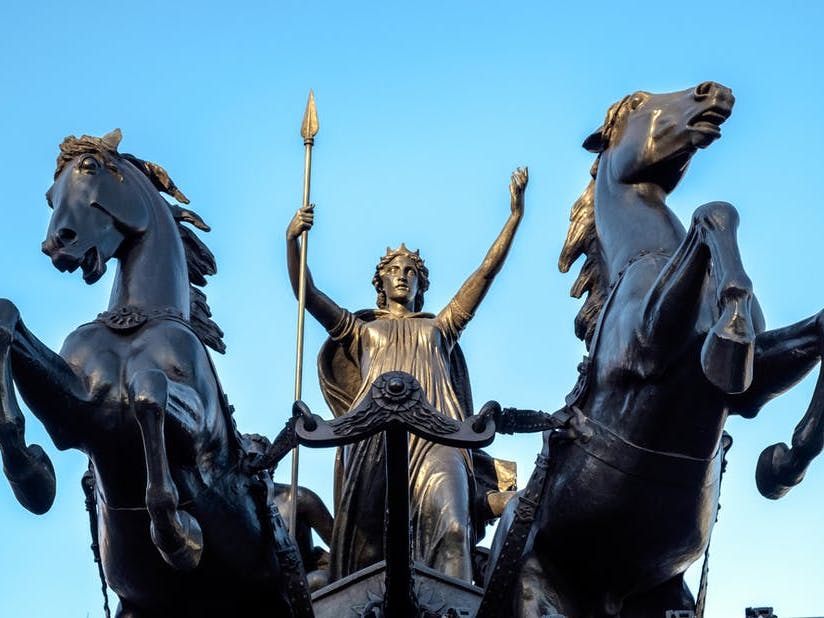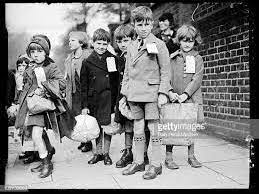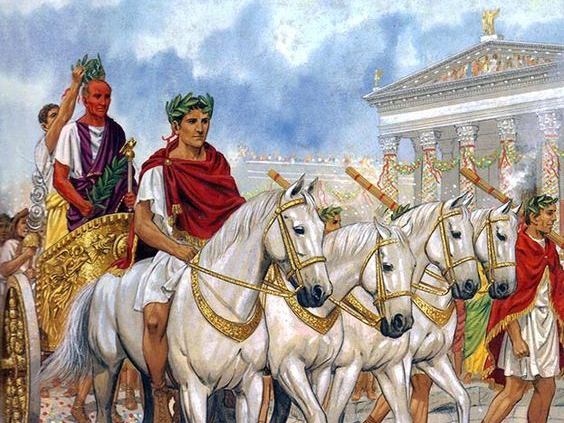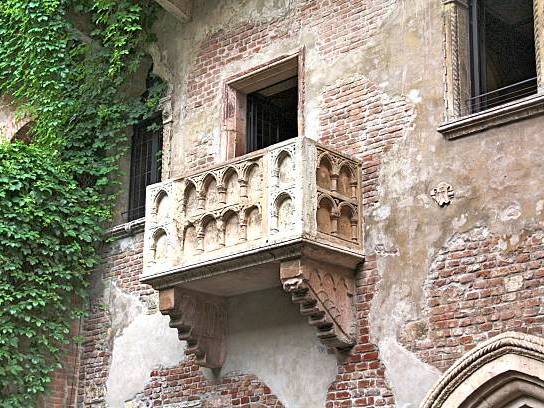
24Uploads
4k+Views
2k+Downloads
English

Newspaper Article Model and Reading Questions: Oliver Twist (Victorian England)
Suitable for Upper KS2 and KS3
A newspaper article examining Oliver Twist asking for more food from Mr Bumble’s perspective.
A good opportunity to talk about how even the news can be biased.
Contents: Pdf and Publisher version for editing
Newspaper Article “Mr Bumble Bewildered by Beastly Boy”
Teacher Notes on Structure and Language Content
Reading questions differentiated to 3 levels including an opportunity for a more lengthy written response
Reading question answers including examples of extended answers

Newspaper Article - Queen Elizabeth Tudor: The Spanish Armada and reading questions
A newspaper article detailing the defeat of the Spanish Armada in 1588
Reading questions on the historical content of the article and Queen Elizabeth’s speech at Tilbury
Reading question answers for teachers
Suitable for Upper KS2 and KS3

Model Letter an Evacuee in Wales and Reading Questions
Model letter from an evacuee in Wales for Year 4,5 and 6
Differentiated reading questions for each text (3 levels) with questions based on national reading test questions and further questions using higher order thinking skills for more extended responses.

Newspaper Article and Reading Questions: Boudica - Beastly or Brave? Comparing 2 texts
Suitable for Upper KS2 and KS3
This resource contains two newspaper articles written about the death of Boudica; one from the Roman POV, and one from the POV of the Britons. This presents a good opportunity to talk about bias in the media.
Contents:
2 newspaper articles with different POVs on the death of Boudica and the story of the Iceni rebellion
Notes on language and structure for teachers
Reading questions (3 levels of differentiation) which compare the 2 texts and give an opportunity for a lengthier response
Reading question answers for teachers

World War 2 - Model of a Persuasive Speech and Reading Questions - Say "No!" to Evacuees
An opportunity to examine the biases that existed about evacuees during the second world war.
Contents
A model speech about refusing to take in evacuees
Teacher notes on structure and language
Reading Questions and answer sheet (3 levels of differentiation) including an extended question giving pupils the opportunity to counter the points made in the speech
Suitable for Upper KS2 and KS3

WW2 Formal Letter to the Police - My Next Door Neighbour is a German Spy! Reading activity KS2
This model of a formal letter is suitable for Key Stage 2
Contents:
A model formal letter from a member of the community accusing his neighbour of spying for the Germans
Structure and Language notes for teachers
A reading activity including Higher Order Reading Skills questions

Julius Caesar's Triumph - descriptive writing model and reading questions
A description of Julius Caesar’s Triumph to celebrate conquering the Gauls with teacher notes on use of language and structure.
Reading questions differentiated to 3 levels with some extended, higher order reading questions and sample answers.
Suitable for Upper KS2 and KS3

Boudica - Comparing and Analysing Sources - Assessing Reliability
A compilation of written and visual sources about Boudica with a worksheet for gathering information and assessing the reliability of each source, based on who wrote it, when and why.
Suitable for Upper KS2 and KS3

Romeo and Juliet - Persuasive Speech and Reading Questions - "Romeo isn't worth remembering!"
Based on Shakespeare’s “Tragedy of Romeo and Juliet”
A persuasive speech asking the people of Verona not to erect the gold statue that Lord Capulet wants to build at the end of the play. The speech is about how Romeo is actually a villain and shouldn’t be remembered.
Contents
Model of a persuasive speech
Teacher Notes on Structure and Language
Reading Questions including a more extended essay question at the end
Answers to reading questions
Suitable for Upper KS2 and KS3

Model Newspaper Article and Reading Questions - Charlie and the Chocolate Factory
Contents
Originally written for a Year 3 class, but suitable for Year 4 and could be adapted for Year 2
A model newspaper article on the fate of Violet Beauregarde from Charlie and the Chocolate Factory.
Teacher notes on language and structure
3 differentiated reading question sheets which include opportunities for higher order reading skills and extended answers

The Viking Gods - Introducing some of the Gods of Asgard
A brief introduction to Odin, Thor, Loki and Freya












